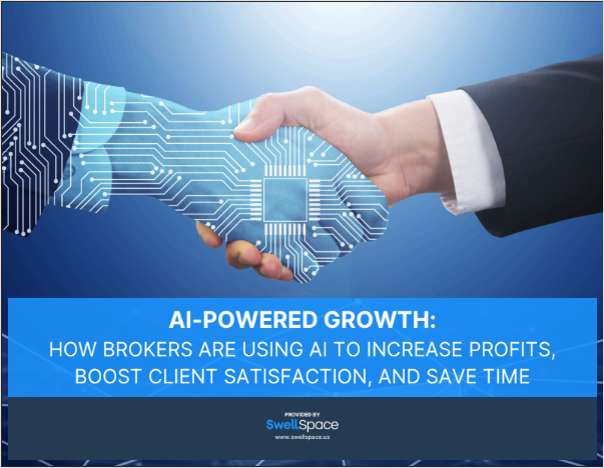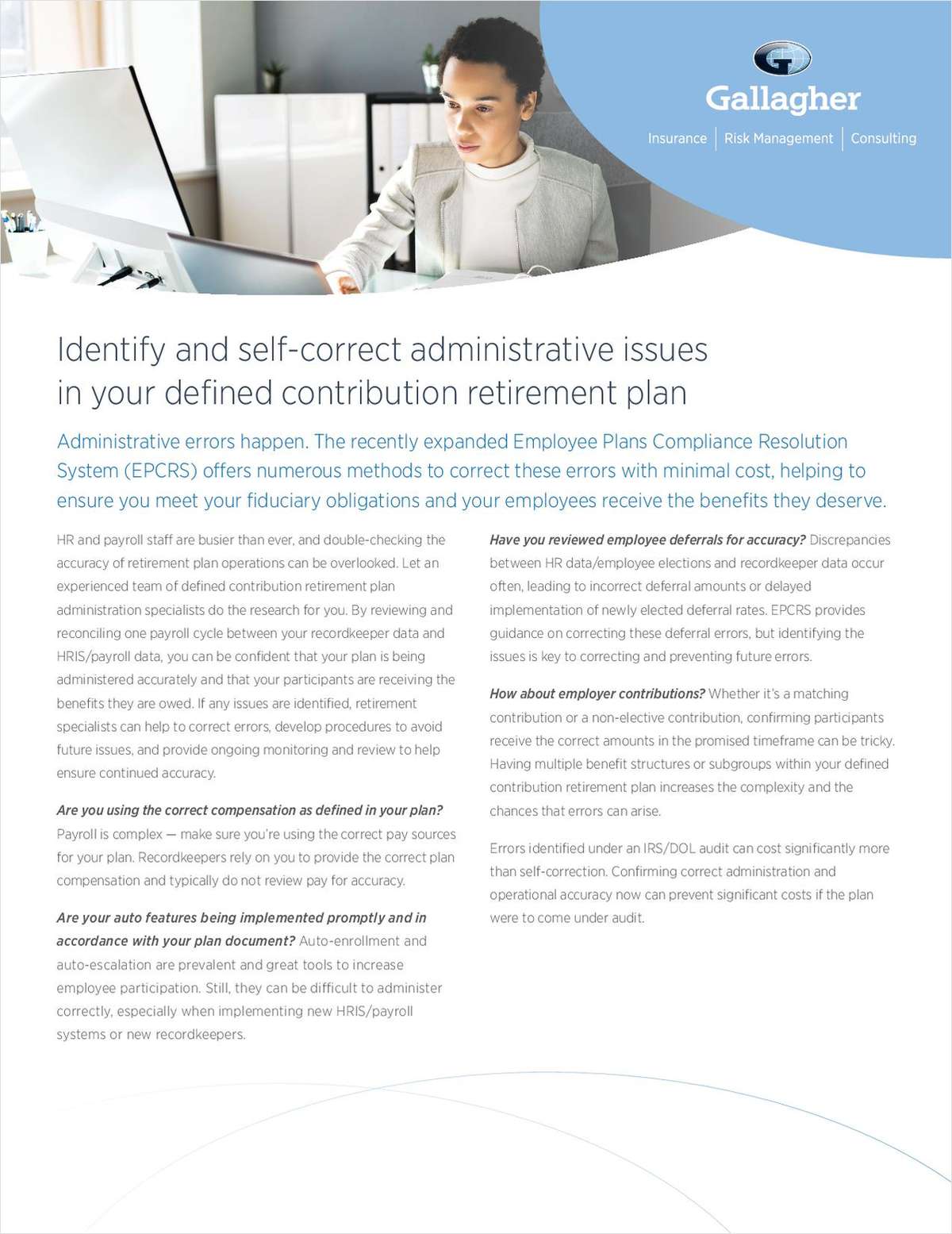Biotech companies, their vendors, investors, and industry analysts have descended upon San Francisco where several biotech-related conferences are underway.
There’s also another group joining the party this year: pharmaceutical makers. They’re not there to sell anything, but rather to learn more about how wearable technology may help drive sales and marketing programs.
Wearable devices, such as those produced by San Francisco-based Fitbit, have raised expectations among investors and health care providers since they appeared in the marketplace. But their evolution in terms of deliverables has been rocky. The interest expressed by Big Pharma in wearables signals that the devices may have applications that will appear in unanticipated areas.
According to Modern Healthcare, pharmaceutical companies are prowling the various events to find out how they can tap into the wealth of wearables data to support their drug sales and marketing initiatives. These companies pay for considerable research into how the drugs they develop are used by consumers, and what effects, good and bad, the new drugs have on users.
But, as Modern Healthcare points out, much of this research depends upon accurate patient reporting of the effects, and patient reporting tends to be subjective. Enter wearables.
If pharmaceutical companies can harness the power of real-time, or at least objective, reporting of the physical responses to new drugs, they can short-circuit the often lengthy testing periods, and obtain more accurate information.
In addition, the companies see wearables as a better way to recruit patients for clinical trials. No more reporting to a site; the data will simply flow to the researchers, with essentially no interruption of the patient’s daily routine.
“If you think about outcomes research, you really want to measure what's most relevant to patients,” Alicyn Campbell, global head for patient-centered outcomes research at San Francisco-based Genentech, told Modern Healthcare. “There are a lot of concepts that are relevant to patients that are difficult to measure right now. We can't ignore what's available right now in consumer wearables.”
As with many of the other projected applications for wearables, using them for clinical tests won’t happen immediately. Issues around data privacy must be addressed, and the drugmakers will have to negotiate reimbursement systems with insurers if they want to recoup the cost of the virtual trials.
But the promise of better results on an expedited timeline represents a powerful incentive for the drug companies to figure those matters out. That’s why they’ve joined the biotech party in San Francisco, where the unmapped future of wearables continues to evolve.
Complete your profile to continue reading and get FREE access to BenefitsPRO, part of your ALM digital membership.
Your access to unlimited BenefitsPRO content isn’t changing.
Once you are an ALM digital member, you’ll receive:
- Breaking benefits news and analysis, on-site and via our newsletters and custom alerts
- Educational webcasts, white papers, and ebooks from industry thought leaders
- Critical converage of the property casualty insurance and financial advisory markets on our other ALM sites, PropertyCasualty360 and ThinkAdvisor
Already have an account? Sign In Now
© 2025 ALM Global, LLC, All Rights Reserved. Request academic re-use from www.copyright.com. All other uses, submit a request to [email protected]. For more information visit Asset & Logo Licensing.








